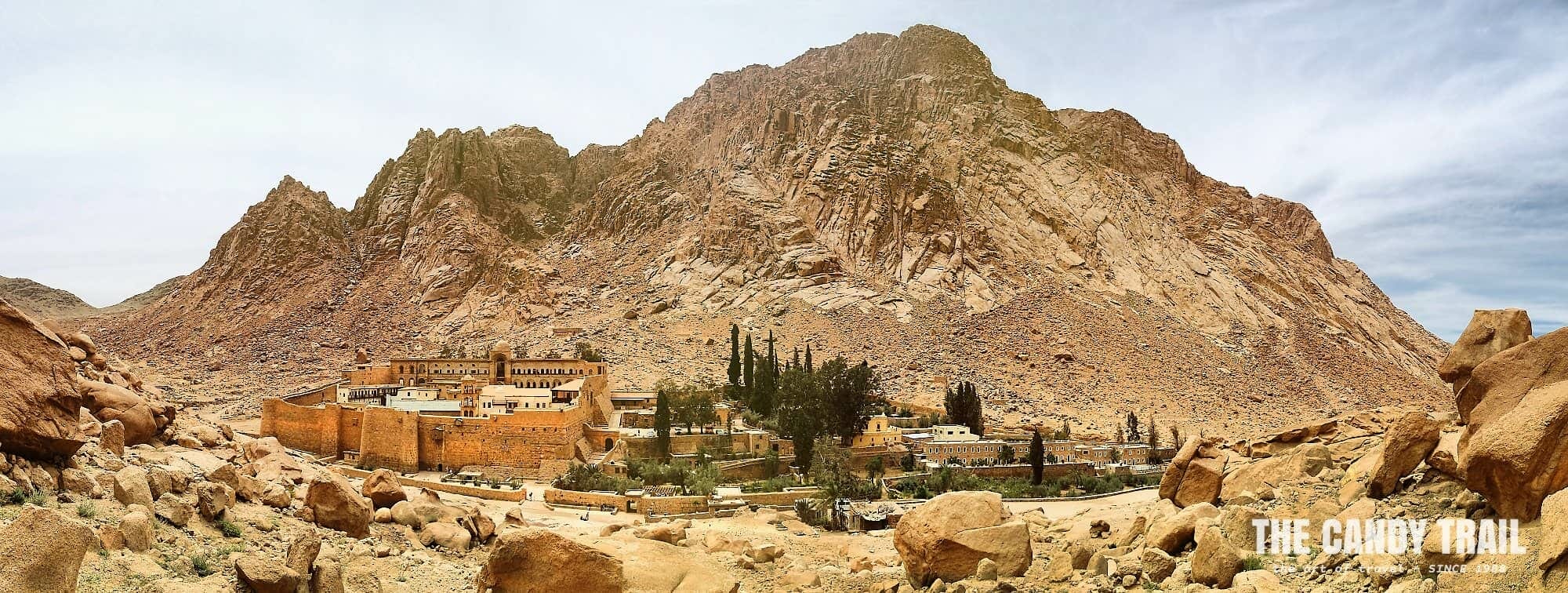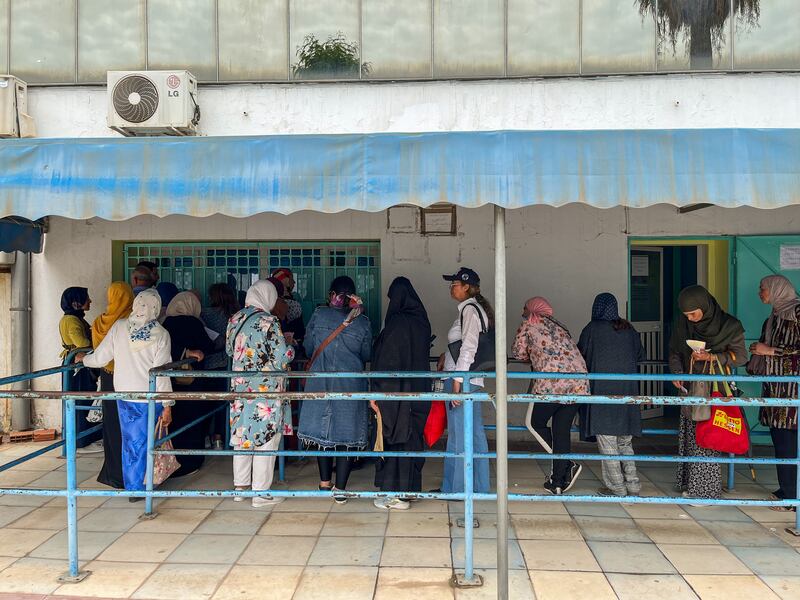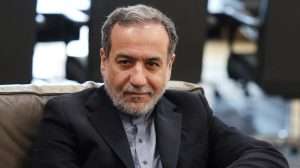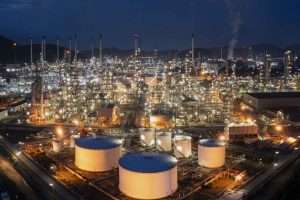Mount Sinai: Egypt’s sacred site to be turned into major tourist destination

In a new plan announced by Egypt, the country aims to turn Mount Sinai into one of the country’s major tourism hotspots, displacing local tribes and disturbing the pristine landscape according to BBC News, September 7.
Egypt’s decision shakes up a centuries-long understanding between pilgrims, religious communities and Bedouin tribes over the sanctity of this most sacred space, said to be where Moses received the ten commandments from God as described in Christian and Islamic texts.
Mount Sinai, is therefore one of the most important holy sites for all three Abrahamic religions, which has been under the care of local tribes for hundreds of years. Now, the Egyptian government is choosing economic potential over preservation and respect and the environment around the holy site.
The Egyptian government has been slowly evicting or demolishing the Jebeleya tribe’s homes and eco-tourism camps, often with little to no compensation. Reports even emerged tribespeople have been forced to exhume and re-bury their dead in different locations to make way for a car park.
In may 2025, it was revealed that St Catherine’s Monastery dating from the 6th century and located at the base of the mount and run by the Greek Orthodox Church was to be preserved, following a diplomatic flurry between Greece and Egypt.
Tensions followed an Egyptian court ruling ordering the orthodox monks to vacate several plots of land they have been using for many years, all under the auspice they had been ‘illegally sequestered.’ However, after intense discussions and pressure from Greece, the foreign ministers of each nation agreed to preserve St Catherine’s.
Observers continue to be extremely concerned about Mount Sinai, as a UNESCO World Heritage site, it comprises the Mount, Monastery and town, which at present, is surrounded by construction work at the remote UNESCO site to build shopping bazaars, upmarket hotels and accommodations in the area.
It’s a cruel fate for the local inhabitants, as according to Ben Hoffer, a British travel writer who spoke with the BBC, the Bedouin people are being forced to tolerate the plans against their choosing. According to Hoffer, who has intimate knowledge of the local tribes, the tourism project’s urban developments are interfering with Jebeleya people’s nomadic way of life.
This latest scheme is part of Egypt’s wider goal under the ‘Great Transfiguration Project,’ launched in 2021, to expand its tourism sector in the Sinai peninsula. Largely centred around Mount Sinai, the country looks to expand the nearby airport, construct new roads, build eco-lodges and and a visitor centre, all part of a luxury mega-resort.
Critics are deeply concerned the project will destroy the area’s natural character, with UNESCO voicing its concerns to Egypt in 2023, however, these warnings have so far gone unheard. For this reason, in July 2025 World Heritage Watch appealed to the World Heritage Foundation Committee to place the St Catherine’s Trust-which manages Mount Sinai and the surrounding sites of significance-to the List of World Heritage Sites in Danger.
Religious authorities, such as the head of the Church of Greece and Greek Orthodox Patriarchate of Jerusalem, repudiate Egypt’s actions based on historical and spiritual grounds. Meanwhile, other campaigners seek to cherish the natural seclusion of the environment for spiritual and conservation reasons.
But it appears that the government is determined to brush aside concerns around Mount Sinai, as with the struggling Egyptian economy, the government hopes to increase tourist visitors to 30 million by 2028.
Since the Sinai Peninsula was returned to Egypt in 1979 following the 1967 war with Israel, local populations have felt like second-class citizens in their own country. Egypt has sought to use the territory to massively increase their economy through infrastructure and tourism investments without the consultation or inclusion of Bedouin residents, with many feeling that Mount Sinai today is a reflection of similar trials experienced in areas like Sharm El-Sheikh in the 1980s.
Although even Egypt does not intend make Mount Sinai an unrecognisable tourist resort, with some of its features remaining intact, it looks certain that the way of life for people here is set to be impacted irreversibly. For the tribes who have lived on this land for centuries, and for the monks who have inhabited St Catherine’s monastery for over a millennium.
BBC News, Maghrebi.org
Want to chase the pulse of North Africa?
Subscribe to receive our FREE weekly PDF magazine















